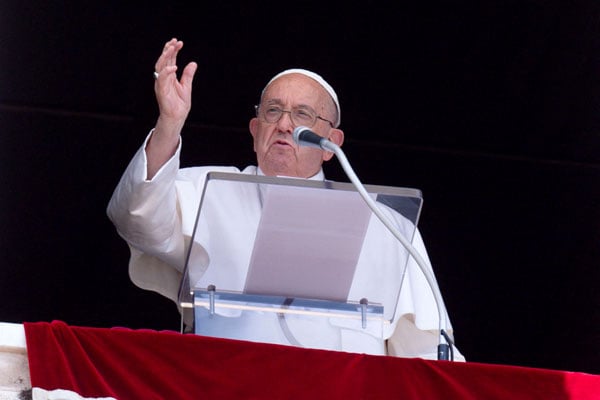Prime
As Trump winds down Iraq, global armed conflicts remain

Karoli Ssemogerere
What you need to know:
Iraq, Iran, Afghanistan have remained Achilles heels for US policymakers.
US President Donald Trump has all but conceded the election to former Vice President Joe Biden. What is at stake is what is at stake, Republican control of the Senate which is likely to re-emphasise gridlock in the American political system after the Democrats majorly failed in their Senate bids and lost a number of seats in the House of Representatives.
Put aside, Mr Trump has finished a four-year term without projecting American force abroad. In fact, he has strategically been in retreat in Europe where he exhorted North Atlantic Treaty Organisation (NATO) allies to increase defense spending and carry more of the burden of fending off Russia.
Russia under Vladimir Putin sees itself as the successor to the Holy Roman Empire and mayhem has befallen those who don’t toe its line in their perceived sphere of influence. Ukraine, Crimea, etc. It is said that “Czar” even though they were few is a truncation of Caesar.
In Northeast Asia, Trump has sought a détente with North Korea going to great lengths to meet the DPRK leader Kim Jong Un. DPRK has weathered economic distress, fleeing refugees and sanctions leveraging technology, arms and shadow businesses that regularly trade in the western world.
DPRK also sits on the mineral rich northern Korean peninsula, a fact not lost on their far richer southern counterparts in the Republic of Korea. The fact that North Korea has nuclear warheads causes little sleep to both the South and neighbour China.
In China, a major trade war has levelled somewhat the US-China trade deficit even though American farmers still need Chinese markets to offload grain, beef, etc. Trump slapped tariffs on Chinese goods, further imposed restrictions on technology and singled out a few Chinese companies like Huawei from accessing the lucrative American communications market. After coronavirus became a global pandemic, Trump and his Western allies basically decided to drum up Chinese responsibility with the UK going as far as contemplating a £310 billion lawsuit against China.
Iraq, Iran, Afghanistan have remained Achilles heels for US policymakers. Gradually, there is an acceptance that some form of democracy, not necessarily liberal democracy may take root but not on Western terms. The US took out Suleiman, a major Iranian military officer in Iraq after ignoring him for years. Iran in a major case of mistaken identity downed two airliners drawing universal scorn. But sanctions as everywhere else have brought Iran to its knees and Trump basically scratched any breakthrough Obama had achieved in a last-minute agreement to unlock certain Iranian assets in the United States.
In Iraq and Afghanistan, Trump is proposing a further drawdown to battalion echelon level of just 2,500 troops apiece. This ends decades of American interventions abroad which came at great price.
Syria, Turkey, Egypt-Israel present a different challenge to US hegemony. First is the demographic reality as Egypt is now in the very tiny league of countries with 100 million plus inhabitants. Syria is locked in a fierce internal fight as the Alawites seek to defend their power but forget they are seated on the most convenient route to evacuate crude oil to Europe. Trump’s major entreaties in the region included moving the US embassy to Jerusalem, a fact which helped him in certain US states, but his plans for Palestine have mostly been rejected as the piecemeal seizure of territory may not hold much due to the unfavorable demographics.
Across the transatlantic post-Covid, the new norm is likely to be more cordial but less Britain, less European Union and trade agreements a feature of lame duck sessions of congress don’t even seem to be on the cards.
Mr Ssemogerere is an Attorney-At-Law and an Advocate.




